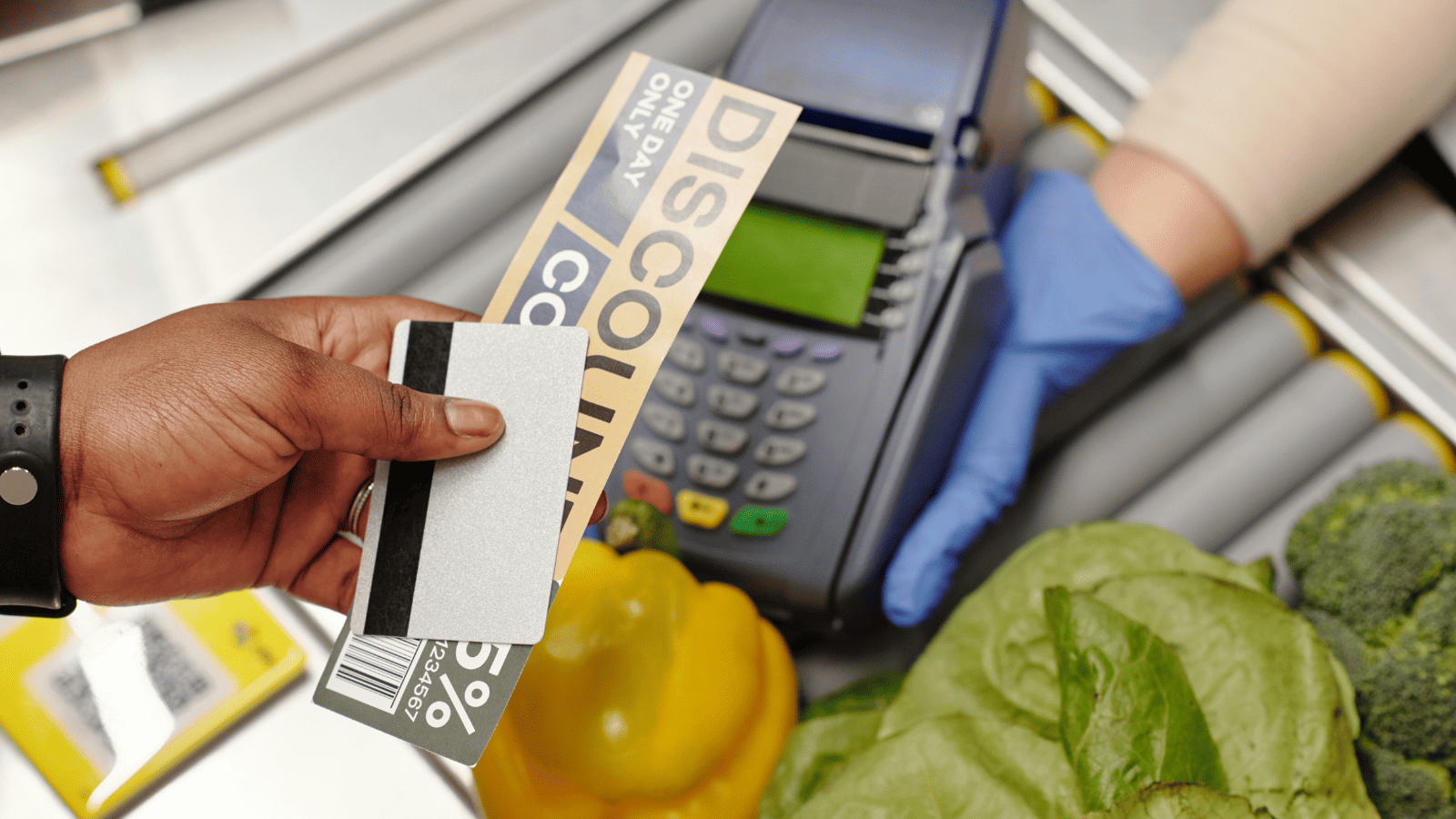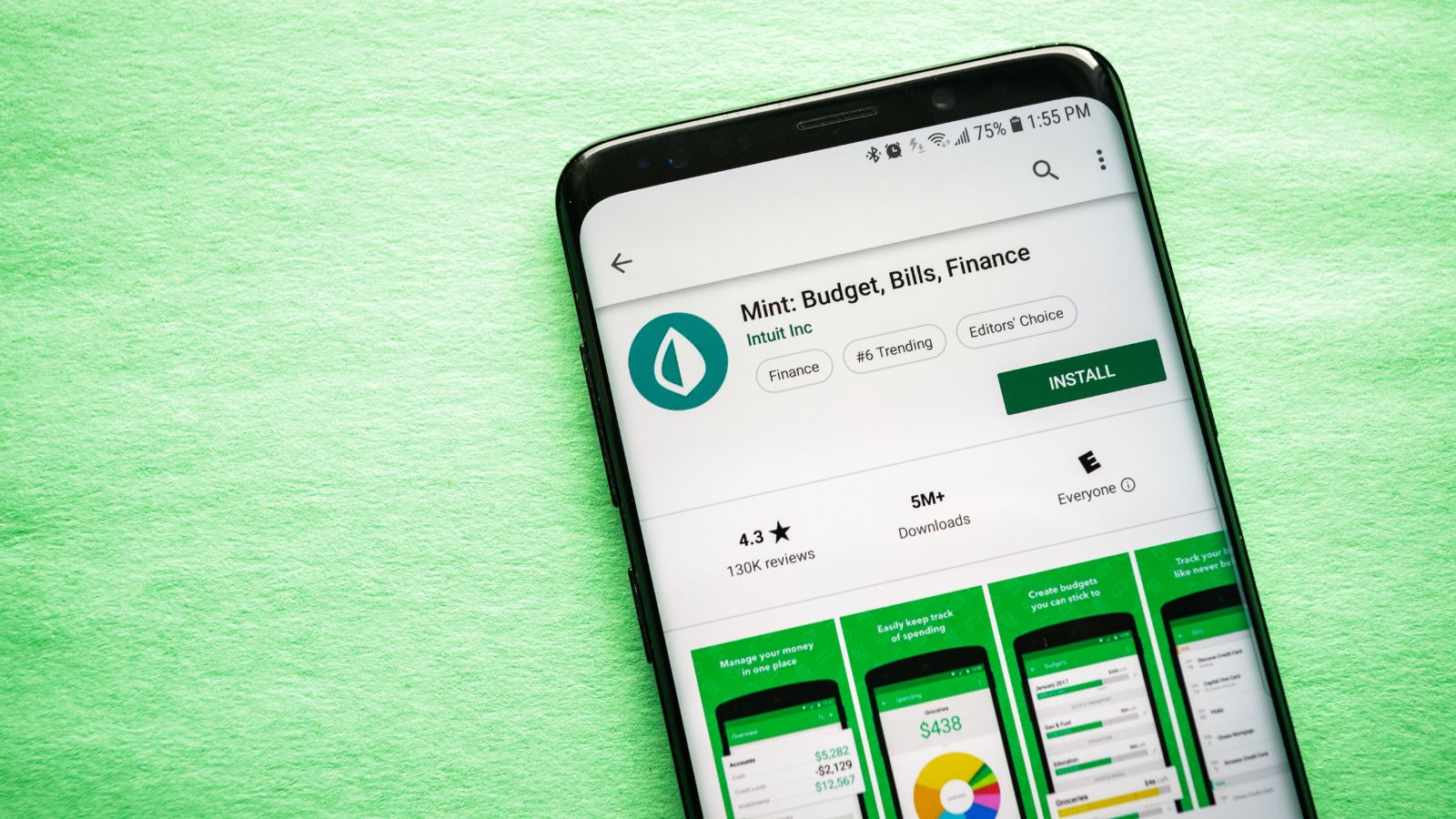It’s an understatement when we say America can be quite expensive to live in. Thankfully, there are many ways you could cut costs without sacrificing any bit of comfort or quality. Here are 20 practical tips you can follow in this regard.
Buy in Bulk

Buying items in bulk helps you save money in different ways—not only do you get items at cheaper prices in packs, but you also avoid spending money on frequent trips to the store. Yes, it’s a huge upfront cost, but it’s always worth it, especially when you buy hardly perishable items like rice, toiletries, and cleaning supplies, as U.S. News shares.
Utilize Coupons and Cashbacks

Cashbacks offer you significant savings on your everyday purchases, and one way to benefit from them, albeit automatically, is by using apps that offer them. CNBC shares that some of the best apps here are Rakuten, Honey, and Ibotta, and you can also utilize coupon programs in grocery stores and retailers around you.
Shop at Thrift Stores

Of course, thrift stores should be your go-to as well. Whether for clothing or your regular household items, you can get high-quality products that have only been gently used for a fraction of their initial prices. Many thrift stores even hold sales and discount events, and this can boost your savings even further.
Cook at Home

Preparing meals at home is often cheaper and healthier than dining out, allowing you to control ingredients. Planning your meals, buying groceries in bulk, and cooking from scratch can significantly reduce your food expenses. Home-cooked meals also offer better portion control and ingredient quality, improving overall health and well-being.
Use Public Transportation

Public transportation can save you money on fuel, parking, and vehicle maintenance while reducing stress. Cities often offer monthly passes at discounted rates, and this makes commuting more affordable. Additionally, public transit reduces your carbon footprint and can be a less stressful way to travel, allowing you to enjoy your journey more.
Take Advantage of Free Entertainment

Many communities offer free or low-cost entertainment options that enrich your social life. For instance, local parks, libraries, and community centers frequently host events such as concerts, movie nights, and workshops. Keeping an eye on community bulletin boards and websites can help you find free activities, making your leisure time enjoyable and affordable.
Grow Your Own Vegetables

Gardening can be a rewarding and cost-effective way to obtain fresh produce while connecting with nature. Starting a small garden in your backyard or even using pots on a balcony can provide you with vegetables and herbs, and this not only saves money but also ensures that your produce is organic and tasty.
Buy Generic Brands

Generic or store brands are often just as good as name brands. Forbes tells us that they save you 40% on average while, sometimes, being even better than their name-brand counterparts. This is especially true for items like medications, cleaning products, and pantry staples that barely have you sacrificing quality.
Make Use of Free Educational Resources

Free online courses and educational resources are plentiful, offering endless opportunities for personal growth. Websites like Coursera, Khan Academy, and EdX offer free classes on a variety of subjects. Public libraries also provide access to books, audiobooks, and other learning materials at no cost, fostering continuous learning and development.
Reduce Energy Consumption

Lowering your energy use can significantly cut your utility bills and promote environmental sustainability. Simple actions like turning off lights when not in use, using energy-efficient appliances, and insulating your home can lead to substantial savings. Many utility companies also offer rebates for energy-efficient upgrades, making it easier to live green.
Share or Rent Items

Sharing or renting items instead of buying can save you money and space, and even promote community ties. Consider renting tools, party supplies, or sports equipment when needed. For the more tech-savvy communities, you can utilize websites and apps to facilitate this sharing exercise among you and your neighbors.
DIY Home Repairs

Learning basic home repair skills can save you money on professional services and increase self-sufficiency. Thankfully, numerous online tutorials and guides exist for fixing common household issues. Handling minor repairs yourself not only saves money but also gives you a sense of accomplishment and independence, improving your confidence and skill set.
Use a Budgeting App

Budgeting apps help track your spending and identify areas where you can save, which can improve your financial health. For instance, apps like Mint, YNAB, and PocketGuard provide insights into your financial habits and allow you to set goals to stay within your means. Regularly reviewing your budget helps keep your finances in check, reducing stress and enhancing life quality.
Buy Used Electronics

Used or refurbished electronics are often much cheaper than new ones and can perform just as well. Websites like eBay, Gazelle, and Swappa offer used devices with warranties. And checking local classified ads or tech recycling programs can also yield affordable options, ensuring you have the necessary appliances without overspending.
Embrace Minimalism

Minimalism focuses on reducing unnecessary possessions and expenses, leading to a simpler, more fulfilling life. By prioritizing quality over quantity, you can save money and simplify your life. This approach encourages mindful spending and helps you appreciate the things you truly need and value, promoting a clutter-free, peaceful living environment.
Take Advantage of Loyalty Programs

Many retailers and service providers offer loyalty programs that provide discounts, rewards, and special offers. Signing up for these programs can lead to savings on your regular purchases. Every chance you get, you should take full advantage of the benefits and discounts available to members to ensure you get the most value.
Use a Clothesline

Drying clothes on a clothesline instead of using a dryer can help you save 20% on your entire electricity bill, according to Lifehacker. Air drying is also gentler on fabrics and will help your clothes last even longer. If outdoor space is limited, consider using an indoor drying rack or hanging clothes on hangers to dry, promoting energy conservation.
Cancel Unused Subscriptions

Regularly review your subscriptions and cancel any you no longer use, freeing up funds. Subscriptions to streaming services, magazines, or memberships can add up over time, with many also going unused. Keeping only the ones you use frequently can free up money for other expenses, ensuring your money is well spent on things that matter most.
Shop Local and Seasonal

Buying locally produced and seasonal foods is often cheaper, fresher, and supports the community. Farmers’ markets, co-ops, and community-supported agriculture programs particularly offer this affordable, high-quality produce. And supporting these local businesses also strengthens your community and reduces environmental impact—you basically eat well while contributing to local sustainability.
Practice Preventive Healthcare

Preventive healthcare can save money in the long run by avoiding costly medical treatments and promoting overall health. Regular check-ups, vaccinations, and a healthy lifestyle should, therefore, be a priority for you. Thankfully, many preventive services are covered by insurance too, which reduces your out-of-pocket expenses for future medical issues and ensures you stay healthy and financially secure.
Up Next: Do You Know Your Rights? 17 Things You Don’t Have to Answer When Stopped by Police

The thought of getting stopped by the police is a nerve-wracking prospect for most people. It can be even worse if you’re not sure what you should and shouldn’t say, creating a sense of paranoia, anxiety, and confusion. If you’re worried about the potential for a confrontation with the cops, we’re here to help. This list covers 17 things you don’t have to answer when stopped by police officers.
Do You Know Your Rights? 17 Things You Don’t Have to Answer When Stopped by Police
18 Things That Say You Are Middle-Class and Not Rich

The difference between the rich and middle class can be confusing, but the two couldn’t be further from each other in reality. In this article, we look at 18 signs that someone is middle class but not at all rich or wealthy.
18 Things That Say You Are Middle-Class and Not Rich
18 Reasons You Feel Like You Don’t Belong Anywhere

Feeling like you don’t belong anywhere can feel incredibly isolating. We need companionship to keep us connected to the world, so if you’re struggling to form relationships and don’t feel that you don’t fit in, here are 18 reasons why that might be.

